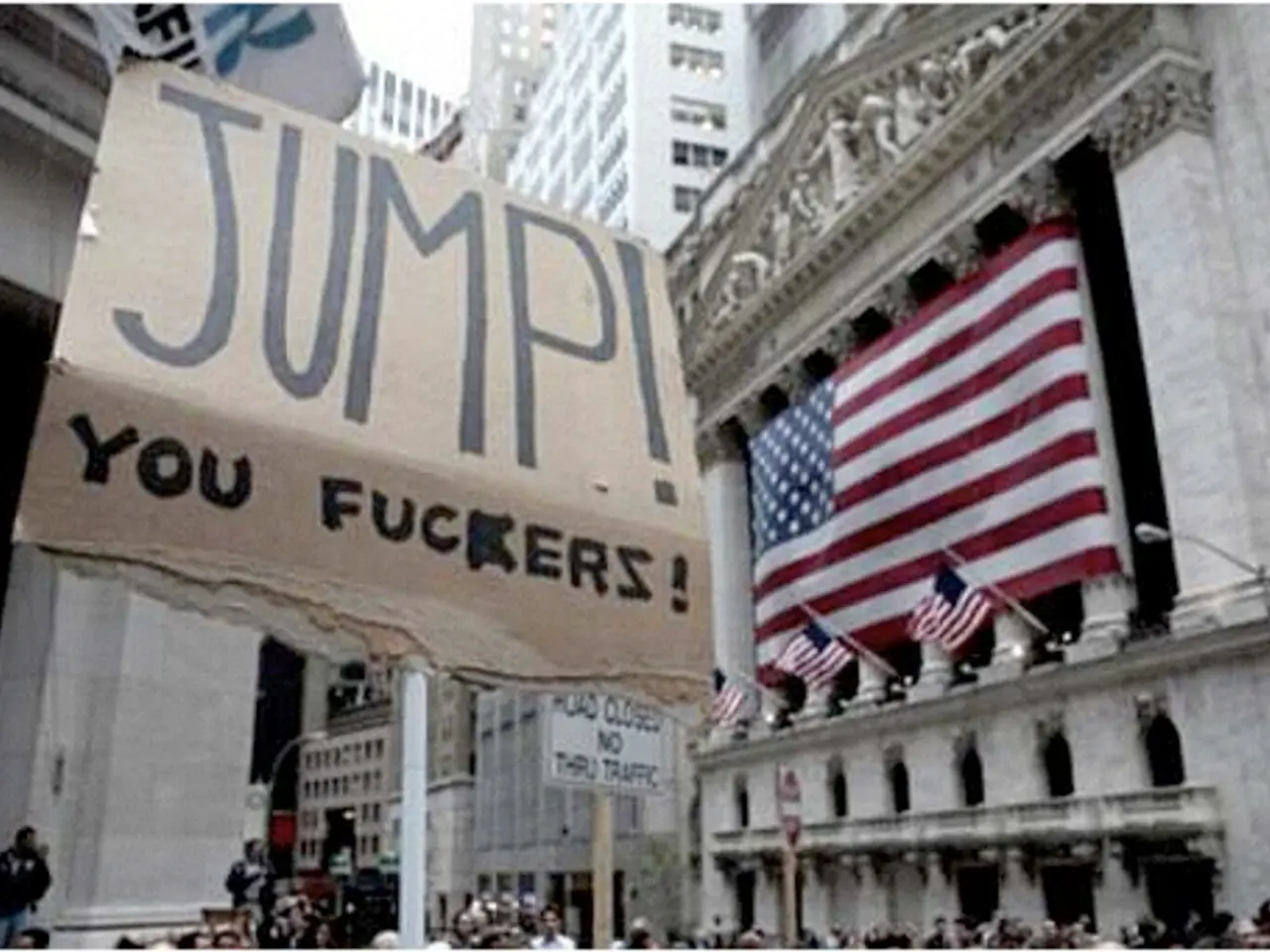Trump regarded as a significant president in American history by Britain's ambassador
Peter Mandelson, the United Kingdom's ambassador to the U.S., has hailed a significant breakthrough in U.S.-U.K. trade relations, with the recent agreement on automobile tariffs marking a notable achievement within the broader U.S.-U.K. Economic Prosperity Deal.
The new deal, finalized in June 2025, establishes sector-specific tariff reductions and regulatory cooperation in key industries such as automotive, aerospace, steel, and aluminum. In the automotive sector, the U.S. will impose a 10% tariff on up to 100,000 British car imports annually, after which the tariff rises to 25% on any additional imports beyond this quota. The tariff on U.K. auto parts used in vehicles has been reduced from 25% to 10%, offering a significant relief for parts manufacturers.
However, it is important to note that the deal is currently a framework rather than a fully formalized agreement, with many details yet to be negotiated and formalized. The tariff reductions depend on further regulatory steps and bilateral decisions.
The agreement also includes the elimination of tariffs on certain aerospace products such as civil aircraft engines and parts, with U.S. tariffs on these effectively ended as of June 30, 2025. Ongoing discussions about tariffs on steel and aluminum products, which currently have high U.S. tariffs (50%), may see reductions depending on U.K. actions regarding steel supply security.
The deal includes some quotas on beef imports but remains focused on sector-specific tariff relief rather than comprehensive tariff elimination. The U.S. and U.K. have also committed to negotiating preferential treatment for pharmaceuticals and pharmaceutical ingredients following a U.S. Section 232 investigation.
The current framework leaves room to expand the deal to cover additional sectors and deeper tariff reductions, but a fully legally binding, comprehensive trade agreement has yet to be finalized. The 10% baseline tariff imposed by the Trump administration remains on other U.K. goods outside the deal’s sectors, highlighting that this is still a preliminary step toward deeper U.S.-U.K. trade liberalization.
Mandelson, who replaced career-diplomat Karen Pierce as the U.K.'s ambassador to the U.S. six months ago, has been actively pushing for a technology deal between the two nations. He described the warm greeting he received from President Trump upon his first entry into the Oval Office as a turning point in his efforts to engage with the Trump administration.
Despite previously describing President Trump as "a danger to the world," Mandelson now sees Trump as a "more nuanced figure than people appreciate." He believes Trump is a "unique politician" and "going to be one of the most consequential presidents in American history."
The invitation for Trump's second state visit was seen as a move to renew the "special relationship" between the U.K. and the U.S., with Mandelson viewing the visit as an "economic lifeline built on flows of trade and investment." However, the visit and the trade deal have not been without controversy. Mandelson's appointment as ambassador sparked concerns within the Trump administration over his past meetings with top-level figures in China and his consultancy's client list.
Prime Minister Keir Starmer announced plans to restrict visas and "take back control of our borders" in May, which may impact future negotiations between the U.S. and U.K. on trade and immigration issues. Despite these challenges, Mandelson remains optimistic about the future of U.S.-U.K. relations and the potential for further trade agreements to strengthen the transatlantic bond.
- Peter Mandelson, the British ambassador to the U.S., has expressed enthusiasm about the potential for a technology deal between the two nations, which could further bolster the U.S.-U.K. relationship, especially in the light of the ongoing special relationship between the two countries.
- Prime Minister Keir Starmer has proposed visa restrictions and a focus on border control, a policy that could affect future negotiations surrounding trade and immigration between the U.S. and the U.K.
- Amidst ongoing discussions and negotiations on various sectors, immigration issues have emerged as a potential point of contention in U.S.-U.K. policy-and-legislation, given Keir Starmer's recent proposals and the billionaire status of key figures like Donald Trump involved in these discussions.




